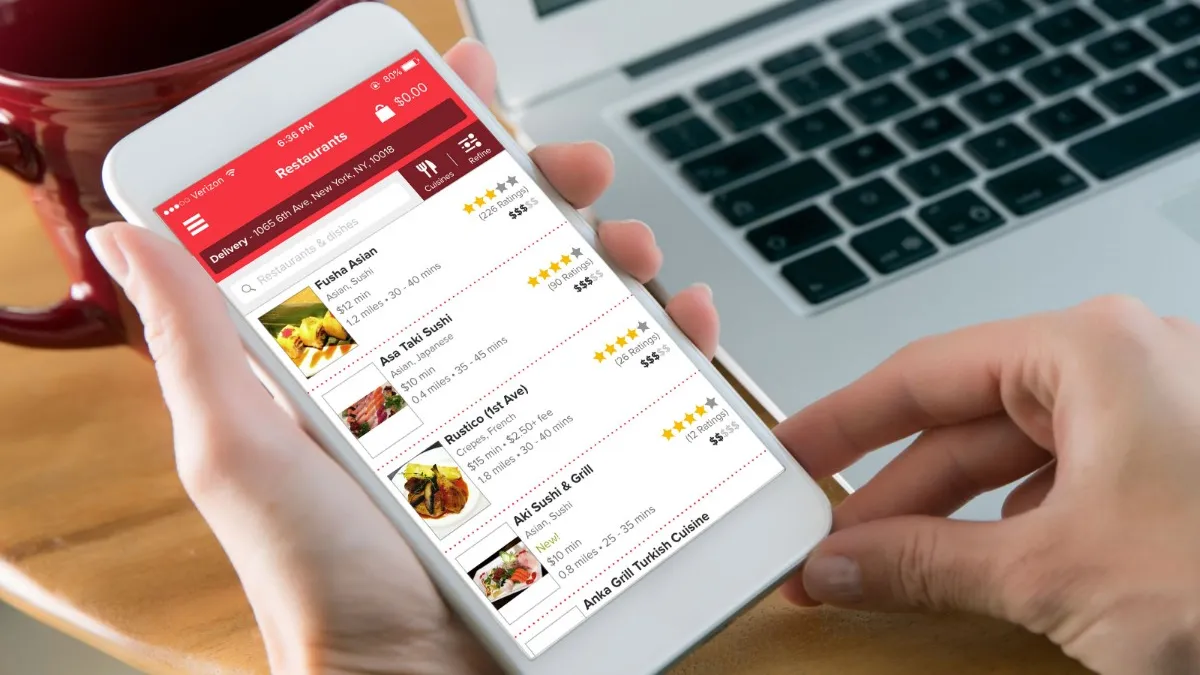Dive Brief:
- Grubhub reached a settlement on Friday in a class-action lawsuit case filed by restaurant company CO Craft doing business as Freshcraft in May 2020, which accused the third-party marketplace of creating "misleading pages" on its app and website for non-partnered restaurants that may cause consumer confusion, according to court documents.
- The delivery company denied all of these allegations and didn't admit any wrongdoing, liabilities and damages, and said that it agreed to the settlement to avoid the inconvenience and expense of a lawsuit. Grubhub said it would not oppose a service award of up to $5,000 to the plaintiff.
- As part of the agreement, Grubhub said it would implement several changes on its website, including creating a self-help form or forms that will allow restaurants to take ownership of "covered restaurants" and request updates to menus and hours listed on pages and request removal from the platform.
Dive Insight:
The settlement comes about a year and a half after the company began adding non-partnered restaurants to its platform, reaching 150,000 additions at the end of 2019. Grubhub previously said it was reluctantly adding these restaurants following competitive pressures from the likes of DoorDash and Postmates, which were adding non-partnered listings to quickly grow market share.
But this practice has received backlash from restaurants. Operators claimed delivery sites had incorrect menus and were taking orders for delivery — a service they weren't even offering — leaving restaurants to deal with customer complaints about orders of which operators weren't even aware.
Lawsuits have been stacking up as well. A class action was filed by two restaurants in October on behalf of Grubhub's 150,000 non-partnered restaurants. In September, a restaurant sued DoorDash, claiming pages incorrectly listed restaurants as closed or out of delivery range.
In its lawsuit, Freshcraft alleged on behalf of all U.S. restaurants that Grubhub created pages that falsely advertised restaurant as being closed or not accepting online orders when they actually were. The restaurant said if you search for Freshcraft and delivery, Grubhub's website pops up before the restaurant's website. The company claimed that Grubhub said on the listing that Freshcraft wasn't accepting orders and directed users to its partner restaurants.
Local governments have also started to address the practice of non-partnered restaurants. At the start of 2021, a California law went into effect banning the listing of non-partnered restaurants on aggregators' platforms. Rhode Island was considering a similar bill at the start of 2020.
The conditions of the settlement will create more transparency for customers as well as provide restaurants with a better way to address concerns over being included on Grubhub's platform.
On landing pages, Grubhub will not post "not accepting online orders" unless a restaurant requests it. It may, however, add language such as, "This restaurant is not accepting orders through Grubhub," according to the settlement. The company will also create a frequently asked questions page on how restaurants can update their pages or request removal, and it will add a disclaimer to its landing pages.
"We believe the proposed settlement addresses the concerns raised, including making it easier for restaurants to claim their menu or be removed from our platform if they wish to do so," a Grubhub spokesperson said in an emailed statement. "We look forward to the judge's approval of this settlement."














